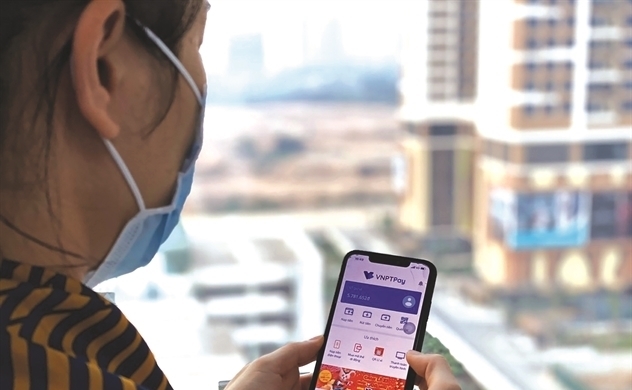
Pham Tien Dung, Deputy Governor of the State Bank of Vietnam (SBV), says the central bank granted Viettel the Mobile Money service rights after the Vietnam Post and Telecommunications Corporation (VNPT) announced it would pilot this service in Vietnam.
A source told ICTnews that the license of Mobile Money service for Viettel was slower than VNPT and MobiFone due to the requirement for completing the dossier.
Previously, on January 7, 2020, the Government urged a pilot use of telecommunications accounts to pay for services of small value and pilot new payment service models as management regulations are lacking.
In the scenario of promoting Vietnam's economy, Minister of Information and Communications Nguyen Manh Hung made a number of recommendations, including piloting Mobile Money in the first quarter of 2020.
“If Mobile Money service is licensed to telecommunications operators, the coverage of e-payment services will quickly reach 100% of the population. This promotes e-commerce, agricultural commodity exchanges, especially in remote areas, promotes online public services, Fintech companies, innovative startups, and economic growth. In all countries that allow Mobile Money, this service generates economic growth of up to 0.5%,” said Minister Nguyen Manh Hung.
Pham Trung Kien, CEO of Viettel Digital, said that if the Government allows Mobile Money to pay for services and goods of small value, the number of users of electronic payments will be very large because of the coverage of mobile networks is much wider than banks, even in remote areas when people do not have bank accounts.
Will Mobile Money help all people make non-cash payments, and is it a challenge for banks? Kien said that if using telecommunications accounts to pay, buy and sell goods and services of small value, it will be a great opportunity for the banking industry.
For goods with small value, for example, a cup of iced tea, parking tickets, a soap, a pack of instant noodles or breakfast ... users will not use their bank accounts to pay but pay by phone. However, they will use electronic payments with bank accounts to buy motorbikes, houses or goods of high value.
“Some studies estimate that in Vietnam, only about 30% of the adult population have a bank account, and when we create a habit of using electronic payments, the remaining 70% will be customers of banks. Thus, Mobile Money not only competes but also promotes use of bank accounts when they are familiar with electronic payment methods," said Kien.
Viettel Digital CEO said that the Government's policy of allowing pilot Mobile Money is the right trend. When implementing electronic payment services, people will see the practical value created by payment digitization such as saving time and costs as well as saving costs for the State.
